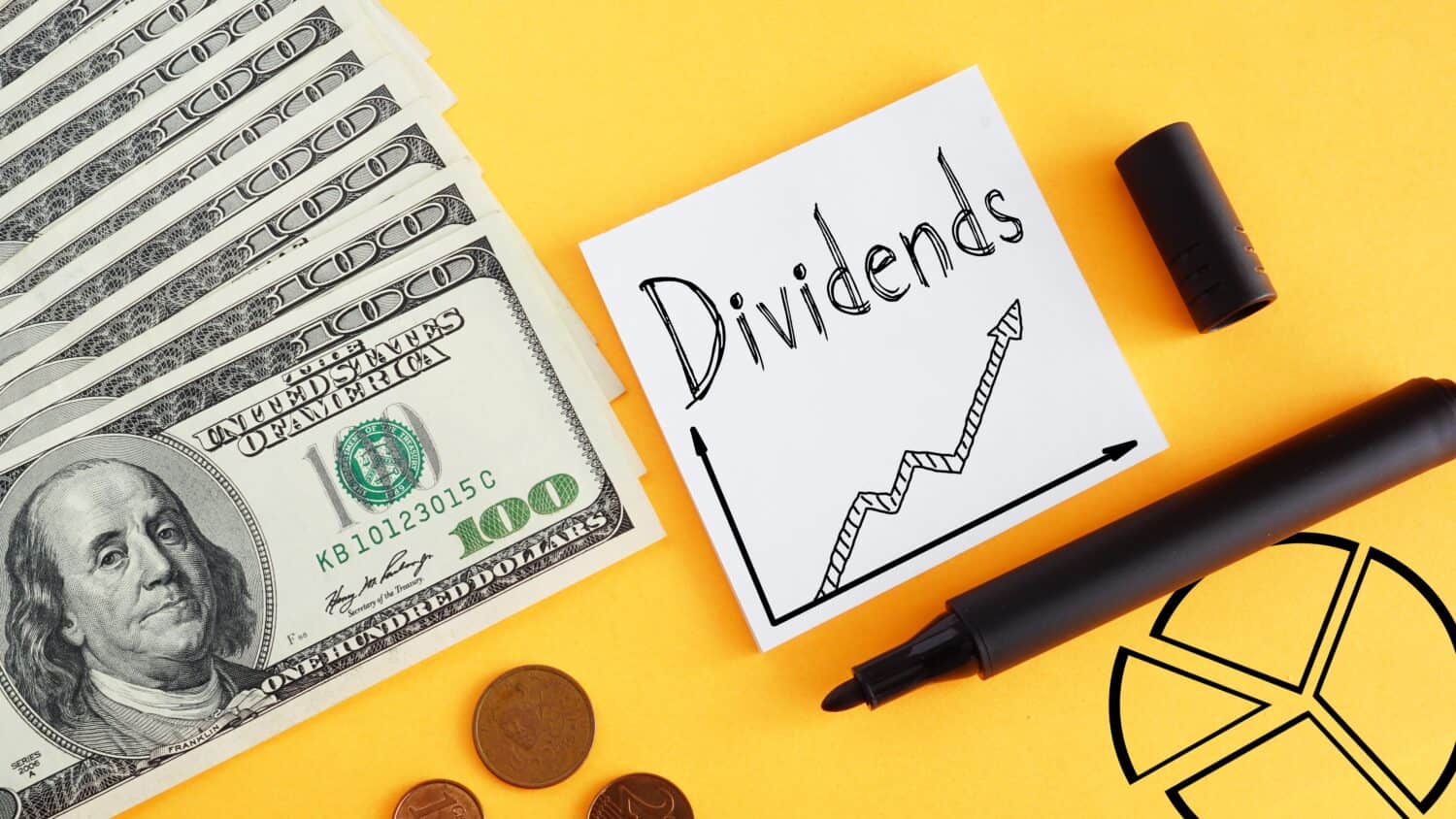Investing
Wall Street Loves This 3% Dividend Stock and So Will Passive Income Investors

Published:

Yes, love is in the air this spring and one of the objects of Wall Street’s affection is Robert Half, Inc. (NYSE: RHI). RHI is one of the largest employment agencies in the world. They place temps and full time workers at companies across a number of disciplines and professions.
RHI enjoys a rating of 3.7 (on a scale of 1 to 5) from Wall Street analysts, including one strong buy or “Outperform” recommendation from Robert W. Baird.
On April 24th Truist Securities changed their “Sell” recommendation to “Hold” (since their clients who followed their previous recommendation to sell aren’t holders, suggesting that investors hold on to RHI stock now is kind of a soft buy recommendation). At the same time, Truist also raised its price target on RHI stock.
Among the dozen or so analysts on Wall Street that cover RHI stock, the average price target is $74 per share. That is up about 7% from the current price.
And then there is the $2.12 dividend. At today’s price, new investors are looking at a little better than a 3% dividend yield on RHI stock.
It should also be noted that RHI’s dividend has increased every year since 2004. The annual payout has increased at a compound average growth rate of 11.5% over that 20 years.
Securities analysts are not the only people on Wall Street who love RHI stock. Institutional investors are also smitten with the global staffing firm.
Large Institutions, like money managers and mutual funds, own more than 89% of RHI stock. They include Vanguard, Blackrock (NYSE: BLK), and State Street (NYSE: STT). Two of Capital Group’s funds also own RHI stock.
Of the two Capital Group funds that own a stake (Washington Mutual Investors and Capital World Investors), the latter has most recently expressed its admiration for RHI stock. In March Capital World Investors reported that it owns about 7.5% of RHI’s outstanding shares.
In addition to broad analyst support for the shares and solid institutional ownership, RHI may represent a reliable value play for investors looking to earn passive income.
There is no debt on RHI’s balance sheet and they return substantially all of their free cash flow to investor through dividends and share repurchases.
RHI generated nearly $600 million in free cash flow in the latest quarter and boasted more than $700 million in cash. So there is a lot to love about RHI stock.
After two decades of reviewing financial products I haven’t seen anything like this. Credit card companies are at war, handing out free rewards and benefits to win the best customers.
A good cash back card can be worth thousands of dollars a year in free money, not to mention other perks like travel, insurance, and access to fancy lounges.
Our top pick today pays up to 5% cash back, a $200 bonus on top, and $0 annual fee. Click here to apply before they stop offering rewards this generous.
Flywheel Publishing has partnered with CardRatings for our coverage of credit card products. Flywheel Publishing and CardRatings may receive a commission from card issuers.
Thank you for reading! Have some feedback for us?
Contact the 24/7 Wall St. editorial team.